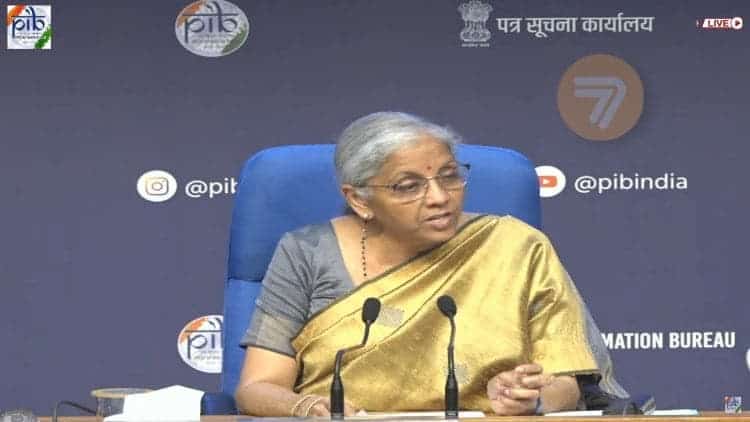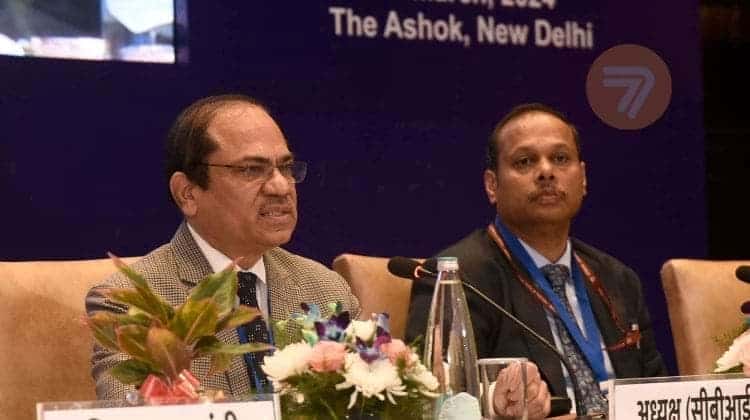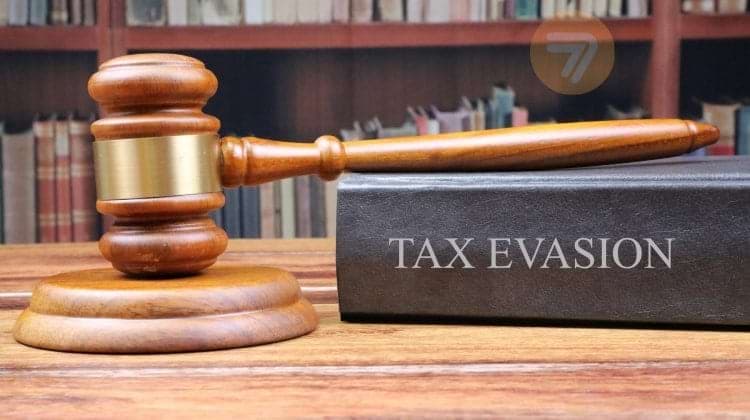And the Indian Online Gaming Regulator Is… MeitY
17 Feb 2024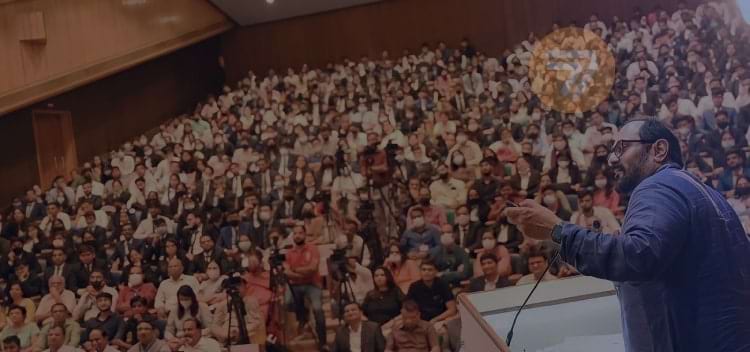
The Homegrown Industry Failed to Propose a Credible Body
The Union Minister of State for Electronics & IT Rajeev Chandrasekhar has recently confirmed to the media that his Ministry (MeitY) will be the body to draft and implement the regulatory framework for online games with stakes and to certify permissible online money games.
That job was supposed to be done by no less than three independent private Self-Regulatory Organizations (SROs or SRBs), as per the latest amendments to the IT Rules, 2021.
Originally, the Bodies that were to govern the gaming industry had to have wide and adequate representation of all relevant stakeholders, including law enforcement, child protection, educational, and psychological experts.
But since no such SROs have been approved and constituted, the Ministry of Electronics and IT will assume the regulatory role “by default” as the Nodal Ministry for online gaming.
“The SRO applications we are getting are too industry-dominated. So we are rejecting them,” MoS Chandrasekhar informed media representatives about why the government let go of the SRO plan.
”We have said very clearly, we don’t want SROs that will be controlled by industry. We wanted it to be representative of a wider base and we didn’t receive any application like that,” Rajeev Chandrasekhar explained.
MeitY GST tax update | The Development is Hardly a Surprise
Signs that the government might back up from the idea that online gaming should self-regulate itself started appearing as early as September last year, when SRO approvals were delayed, reportedly due to apparent discrepancies between the views of the Finance, Home, and Law departments in the Central government.
By that time, the industry had submitted a total of four proposals to establish SROs, including entries by the All India Gaming Federation (AIGF), the Esports Players Welfare Association (EPWA), a joint proposal by the Federation of Indian Fantasy Sports (FIFS) and the E-Gaming Federation (EGF), and lastly a filing by the newly-formed All India Gaming Regulator (AIGR) Foundation.
By the end of October 2023, a high-level Group of Ministers (GoM) had been formed with the task “to look into all the aspects of the online gaming sector” and sort out the issues between the Ministries, even though the work on creating SROs was still “going on,” as stated by a source form the government.
However, before the GoM was even officially constituted on the 15th of December, the office of PM Narendra Modi halted all activities on the stagnated online gaming regulatory front until a decision on how to move forward was taken.
As expected, and as MoS Chandrasekhar had warned at the beginning of the SRO process, the government would be ready to intervene if the industry fails to work with the relevant stakeholders and “create a credible institution that (would) then regulate that space,” MeitY as the Nodal Ministry will now assume direct responsibility over online gaming.
“We can’t keep things hanging, waiting for an SRO. In the interim, the government can certify what is a permissible game, what is wagering, what is not wagering,” MoS Rajeev Chandrasekhar told the media in May last year.
MeitY was in Too Much Hurry to Listen to the 22nd Law Commission
In January 2023, after MeitY published the draft amendments to the IT Rules and initiated closed-door consultations with the industry, the 22nd Law Commission of India asked the government to wait until the Commission reviewed the proposed amendments in detail and issued its recommendations.
“We have decided to conduct an in-depth study and analysis of the draft rules, as to bring out a comprehensive report on the matter,” the Law Commission requested, having acknowledged online gaming-related problems such as addictions, financial losses, and online fraud by its own accord.
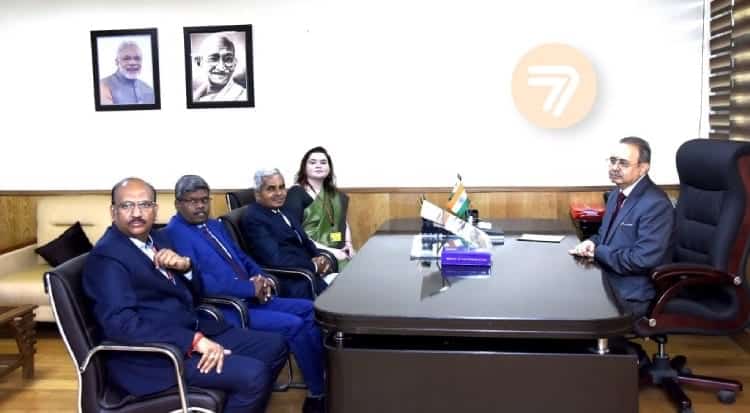
However, the IT and Electronics Ministry declined the Commission’s plea to spare more time but invited the Commission to share its insights into the legal aspects of the issue.
“Any stakeholder can give their feedback on the policy as consultations are already open. There is no question of stopping the process, but suggestions are welcome,” a source from MeitY commented on the denied request.
Industry Warns about Unfair Ground with Offshore Operations
The recent introduction of Interim Budget 2024 brought no relief in the tax rates for online gaming with stakes, and the homegrown industry renewed their pleas for lower GST, warning that the high rate slab makes local businesses unsustainable against the competition of offshore casino and betting operators who pay more balanced taxes.
“This is a huge setback for the industry. The exorbitant GST rate is illogical when gambling and betting get only 18% GST in the real world. We will continue urging the government to reconsider this unfair treatment,” AIGF CEO Roland Landers stated.”
MeitY GST tax update | Updated Goods and Services Tax regime
The updated Goods and Services Tax regime doesn’t distinguish between an online fantasy tournament where gamers compete against each other for a prize pool and a game of roulette or blackjack where players bet against the casino.
“The 28% GST will severely hurt this sunrise sector with huge potential. It needs parity with global tax rates of 10-15% to survive, else unlawful offshore sites will gain traction,” KPMG India’s Girish Menon, Partner and Head of Media & Entertainment, backed him up.
“We know updating laws and regulations requires some short-term sacrifices for the long-term sustainability of the online gaming sector. But the blanket approach has hampered industry growth projections and made India less attractive for foreign investment,” Gaurav Gaggar from FIFS stated.
Refreshed GST legislation | Doesn’t distinguish in theory between local and offshore operators
At the same time. The refreshed GST legislation doesn’t distinguish in theory between local and offshore operators of online money games. As the latter are now required to undergo simplified registration and pay the same GST.
That said, not a single offshore operation has registered. Nor has a single offshore operation started paying GST so far. As MoS for Finance Pankaj Chaudhary informed the Rajya Sabha on the 5th of December, 2024. Answering a question by Senior Bihar BJP Leader and MP Sushil Kumar Modi.
Sushil Modi was the Rajya Sabha member who in December 2021 attracted the Government’s attention. He did so by raising a number of online gaming-related issues. Issues like addictions, lack of proper taxation. As well as and inadequate state-level measures during Parliament’s Zero-Hour procedure.
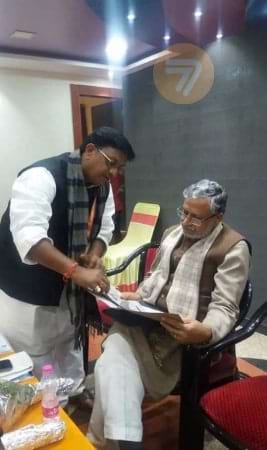
Not Likely to Happen, Center Cools Off Industry Aspirations
The eagerly awaited review of the freshly updated GST rates is not going to happen. That is, before the expiration of half a year since implementation. According to the Finance Ministry’s Revenue Secretary Sanjay Malhotra.
“The review of the GST on online gaming will not take place in the next meeting. Because the six-month period gets over on March 31. So, perhaps the GST Council meeting after that can take it up,” Malhotra told the press.
The Revenue Secretary cools off any aspirations by the industry
What’s more, the review is not likely to bring any changes to the existing rates and tax structure. The Revenue Secretary cooled off any aspirations by the industry.
“A review does not necessarily mean that we change the rates. A review is only to take stock and see if anything needs to be done.” Malhorta said. He pointed out that the government expects to raise ₹7,000 crore in GST collection. This, from online games in FY24 and further ₹14,000 crore in FY25. An increase compared to only ₹1,600 crore collected in FY23.
“In the last three months, since the introduction of the new tax regime for online gaming. We have seen an increase in revenue from Rs 605 crore to Rs 3,470 crore. Which means an addition of about Rs 12,000 crore GST revenue (per year) from online gaming companies.” Sanjay Malhorta went into some detail.
“So from Rs 1,600 crore in 2022-23 to more than Rs 7,000 crore this year is expected. And Rs 14,000 crore next year. If we are able to get the same rate we got in the first three months”
MeitY GST tax update | The Goods and Services Tax
The Goods and Services Tax is, in essence, an indirect levy designed to tax end-user consumption. Even so the GST bill is currently being paid by online gaming companies. Companies who fight to keep their user bases by compensating players with various discounts and promotions.
The companies will inevitable be forced to pass the burden on to the players. What will happen after that remains to be seen. Where will Indian gamers choose to play with their money?

